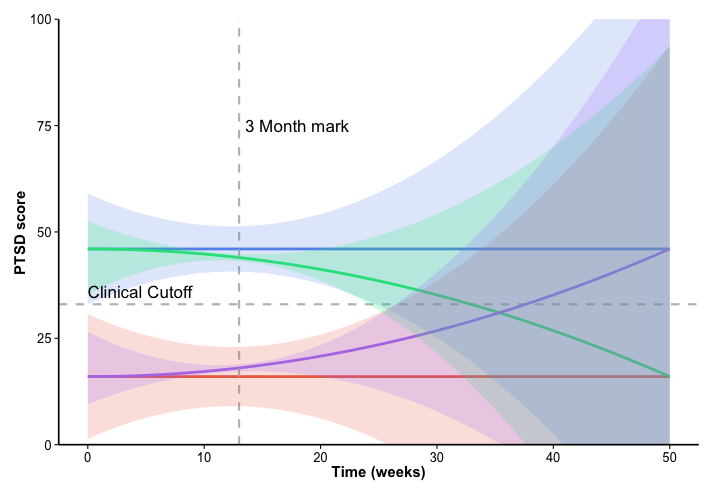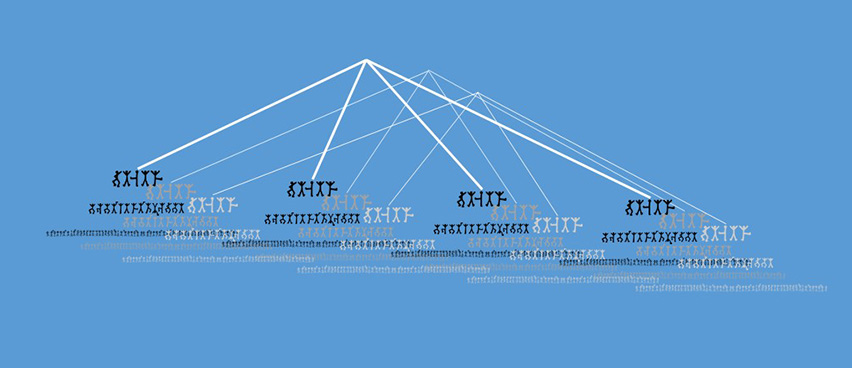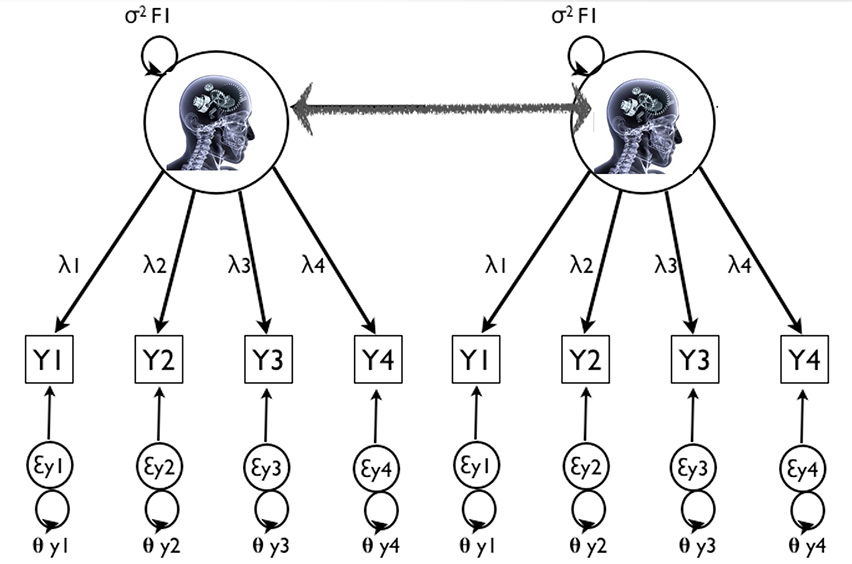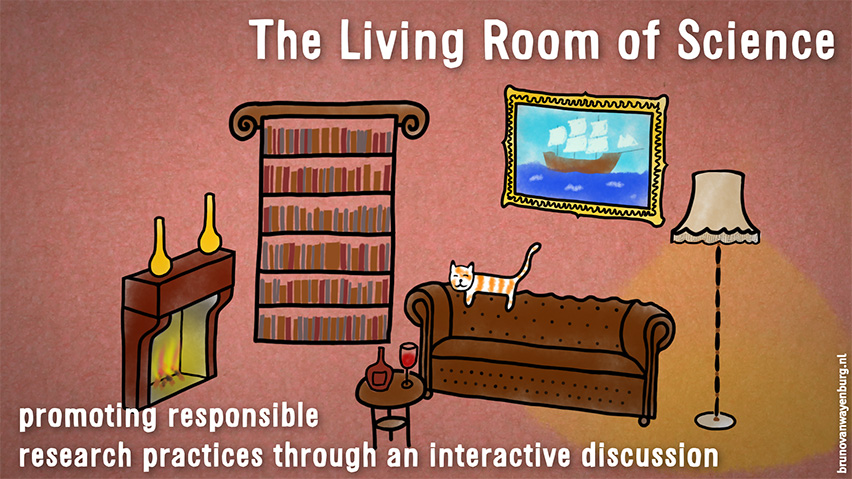PROJECTS
Rens's research arranged by topic
On this page you can find more information about the projects Rens is working on.
Note that we are still updating information about the sub-projects.
Small Samples
Researchers often have difficulties collecting enough data to obtain statistical power: when target groups are small (e.g., children with severe burn injuries), hard to access (e.g., infants of drug-dependent mothers), or measuring the participants requires prohibitive costs (e.g., measuring phonological difficulties of babies). Such obstacles to collecting data usually leads to a limited data set. Researchers can overcome this through simplifying their hypotheses and statistical models. However, this strategy is undesirable since the intended research question cannot be answered in this way.
Expert Data (Dis)agreement
Elicitation is the process of extracting knowledge about the parameters in the statistical model. This information can then be used to provide input for the prior distribution needed for Bayesian analysis. Several methods of prior elicitation are used in practice including the use of experts.
Longitudinal Modeling
Typical for developmental psychology are models that capture change over time, such as latent growth (mixture) models and to a lesser extent cross-lagged panel models too. Such models have typically been applied aiming to capture change over time in individuals.
Multilevel
Individuals can be conceptualized as a hierarchical system of individuals nested within groups. Such systems can be observed at different ‘levels’, and variables explaining differences between individuals and/or groups may be defined at each level. This leads to research generally referred to as ‘multilevel research’.
My First Bayes
Since the beginning of the 21st century, Bayesian statistical methods are slowly creeping into all fields of science and are becoming ever more popular in applied research.
Measurement Invariance
To assess the presence of abstract concepts in people, like prolonged grief disorder, peritraumatic dissociation and students’ motivation, surveys can be used. When concepts are operationalized by means of questions or “items”, they are called “latent variables”.
Beyond Null Hypthesis Testing
Many researchers have no particular interest in a null hypothesis assuming that “nothing is going on”, so why test it at all? Evaluating specific, directional expectations produces more insightful results than sequentially testing traditional null hypotheses against catch-all rivals.
Livingroom of Science
Science is a dynamic process with continuously developing, often implicit rules and attitudes. Proclamations such as “this is how we always do it”, “get used to it”, or “this is what it takes to grow in academia” occur more frequently than they ideally should.









